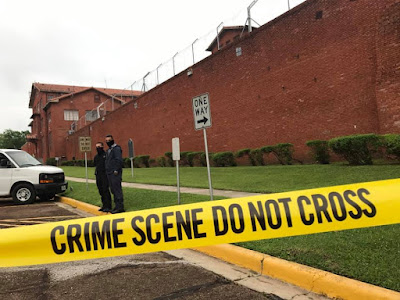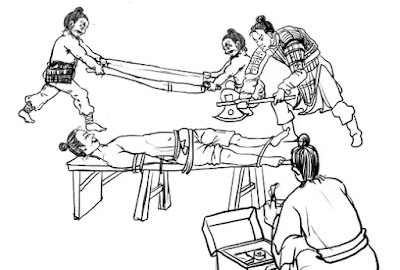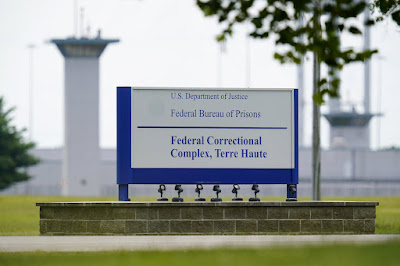The legal reasoning behind the continued use of the death penalty
AMERICA is one of only a few countries in the Western world that still puts criminals to death. Even there, executions are on the wane: just 20 were carried out in 2016, down from a peak of 98 in 1999. Popular support is declining, too. Just 60% of Americans approve of the death penalty for murder, down from 80% in the 1990s. Only eight states have carried out an execution since 2015, and around two-thirds either have abolished capital punishment or have a moratorium on its use. But it has not disappeared altogether: during an eight-day stretch in April, Arkansas executed four people, so as not to waste its expiring supply of a lethal-injection drug. And last month in Alabama, a man who spent 35 years on death row—and eluded seven execution dates—was finally put to death. Why does America continue to execute people?
Following the Supreme Court’s 1972 ruling in Furman v Georgia, capital punishment was put on hold. The penalty was applied in an arbitrary and capricious manner, violating the Eighth Amendment bar on “cruel and unusual punishments”, the justices held. If any factor explains why some criminals get death sentences while most do not, Justice Potter Stewart wrote, “it is the constitutionally impermissible basis of race”. Four years later the Supreme Court reinstated the death penalty in Gregg v Georgia by a 7-2 majority, finding that states had mended their death-penalty laws to address the concerns in Furman.
One way to understand why America still executes people is to look at the Fifth Amendment, which provides that nobody will “be deprived of life...without due process of law”. How could the framers of the constitution have banned capital punishment in the Eighth Amendment when, in the Fifth, they specifically contemplated its existence? In Gregg, the court cited two justifications for the death penalty: retributive justice and deterrence. Retribution, “an expression of society’s moral outrage at particularly offensive conduct”, Justice Stewart wrote, is “essential in an ordered society that asks its citizens to rely on legal processes, rather than self-help, to vindicate their wrongs”. In other words, an abhorrent crime deserves an equally grave penalty. He acknowledged that scholars disagree about how well capital punishment discourages crime, but insisted that “the death penalty undoubtedly is a significant deterrent” for some potential criminals.
Since Gregg, the Supreme Court has steadily narrowed the pool of miscreants eligible for the death penalty. Rape was nixed as a capital crime in 1977. People with intellectual disabilities and juveniles were spared the ultimate punishment in 2002 and 2005, respectively. But any prospects for the oft-curbed penalty being killed off completely are dim—despite a crusade led by Justice Stephen Breyer, who dissented sharply in Glossip v Gross, a 2015 case asking whether a drug used in lethal injections entailed the risk of torturing prisoners to death. Rather than “try[ing] to patch up the death penalty’s legal wounds one at a time”, he wrote, it is time for a “full briefing on a more basic question: whether the death penalty violates the constitution”. It was 23 years ago that the late Justice Harry Blackmun predicted in Callins v Collins that America’s system of capital punishment was “doomed to failure” and that while he “may not live to see that day”, he had “faith that eventually it will arrive". With the Supreme Court’s recently reinforced five-justice conservative majority, that day of reckoning seems far off still.
Source:
The Economist, S. M., June 12, 2017
⚑ | Report an error, an omission, a typo; suggest a story or a new angle to an existing story; submit a piece, a comment; recommend a resource; contact the webmaster, contact us:
deathpenaltynews@gmail.com.
Opposed to Capital Punishment? Help us keep this blog up and running! DONATE!











.jpg)
